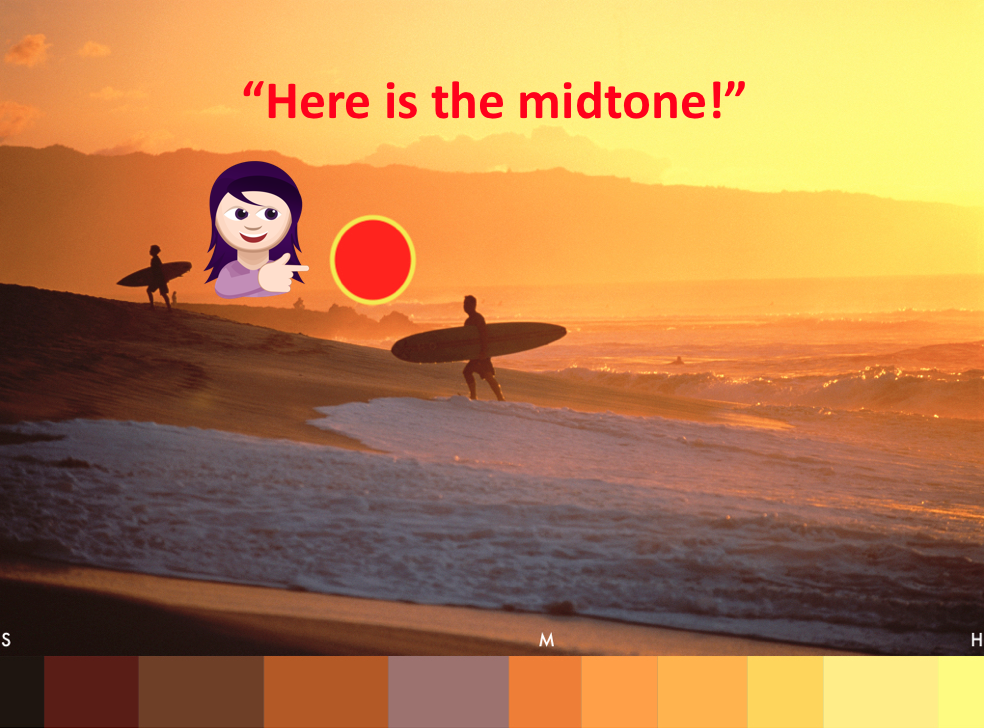Nov. 7, 2018
Master's student creates Lucida, a chat bot assistant for photography students

Professional photographer Brad Wrobleski fell in love with adventure when he was four years old and followed a rabbit down the street to a nearby creek.
“Ever since then, I’ve been chasing rabbits,” says Wrobleski with a smile. He discovered early on that photography is a great way to express that spirit of adventure, and capture the beauty he sees in the world’s wild places.
- Above: Brad Wrobleski studied a Master of Science in computational media design at the University of Calgary.
More recently, Wrobleski, an acclaimed Banff-based adventure photographer and photography instructor, has gone down the artificial intelligence rabbit hole by returning to the University of Calgary as a mature student, working on a Master of Science degree in computational media design, a program that combines the disciplines of computer science, art and design.
Wrobleski — who already holds an honours degree in communications studies from the University of Calgary and a professional writing diploma from Mount Royal University — returned to UCalgary because he wanted to help people learn better, by developing new ways to use technology to help photography students learn outside of the classroom.
“It’s going to redefine a whole new trajectory for me,” says Wrobleski, whose research is at the cutting edge of academia, industry and technology, integrating artificial intelligence, augmented reality, computer vision, machine learning and natural language processing. He is developing an app called Lucida, a chat bot assistant — similar to Apple’s Siri or Amazon’s Alexa — to serve as a mobile virtual instructor helping photography students practise outside of the classroom in real time.

Meet Lucida, the mobile virtual instructor.
Brad Wrobleski
“Essentially, if we could use technology to replace me in the field, they could have an instructor with them on their phone,” says Wrobleski, who recently defended his research and plans to convocate in June 2019. “It can really help when there isn’t a human available, because Wikipedia and Google don’t really answer those things, nor does a camera manual.”
Wrobleski describes Lucida as a bot assistant that can talk, see and think. “She becomes a human-like instructor that can do things even better than I can. She can see the scene, and read your face and your emotions at the same time. She can remind you about what to do to master your camera. She becomes a stand-in instructor.”
Derek Hassay, RBC Teaching Professor of Entrepreneurial Thinking in the University of Calgary’s Haskayne School of Business, calls Wrobleski’s work in augmented reality “a game-changer.”
“More importantly, Brad is a pragmatist and his interest is in making the lives of the people he interacts with better, through this compelling and very rapidly evolving technology of augmented reality,” says Hassay. He taught Wrobleski Venture Development, which is part of the Entrepreneurship and Innovation program in the Haskayne School of Business.
“That is the tip of the iceberg for Brad. He is developing a platform product that will have multiple applications and multiple market opportunities as he moves forward. It’s very exciting. I think he will do great things.”
As just one example, Wrobleski plans to take what he has developed in his research, to create digital mobile tools to help people suffering from anxiety and depression.

The chat bot assistant Lucida will help photography students practise outside of the classroom.
Brad Wrobleski
